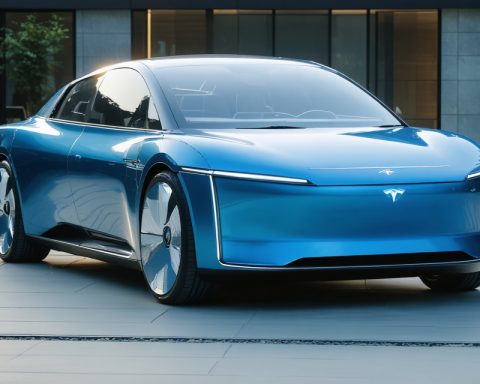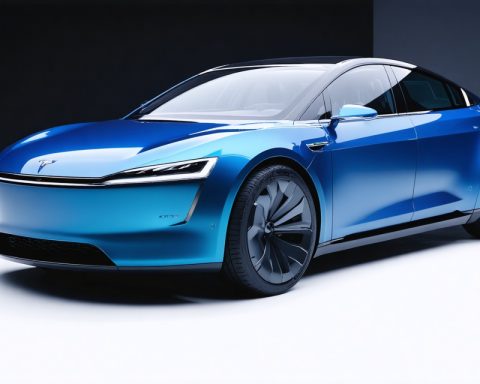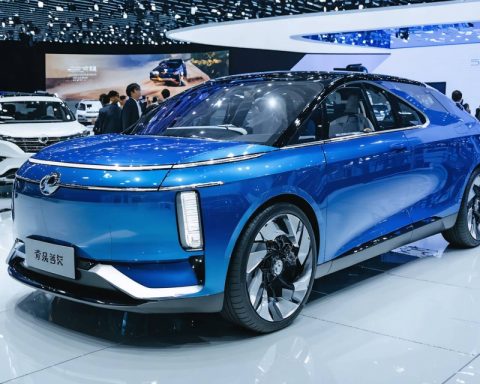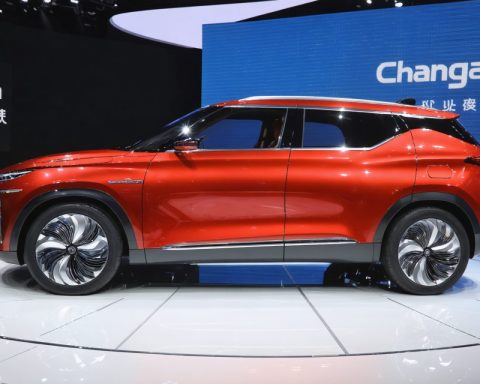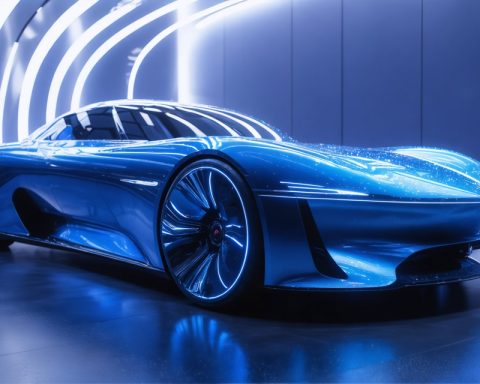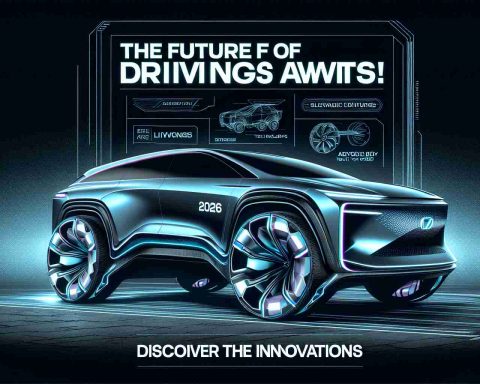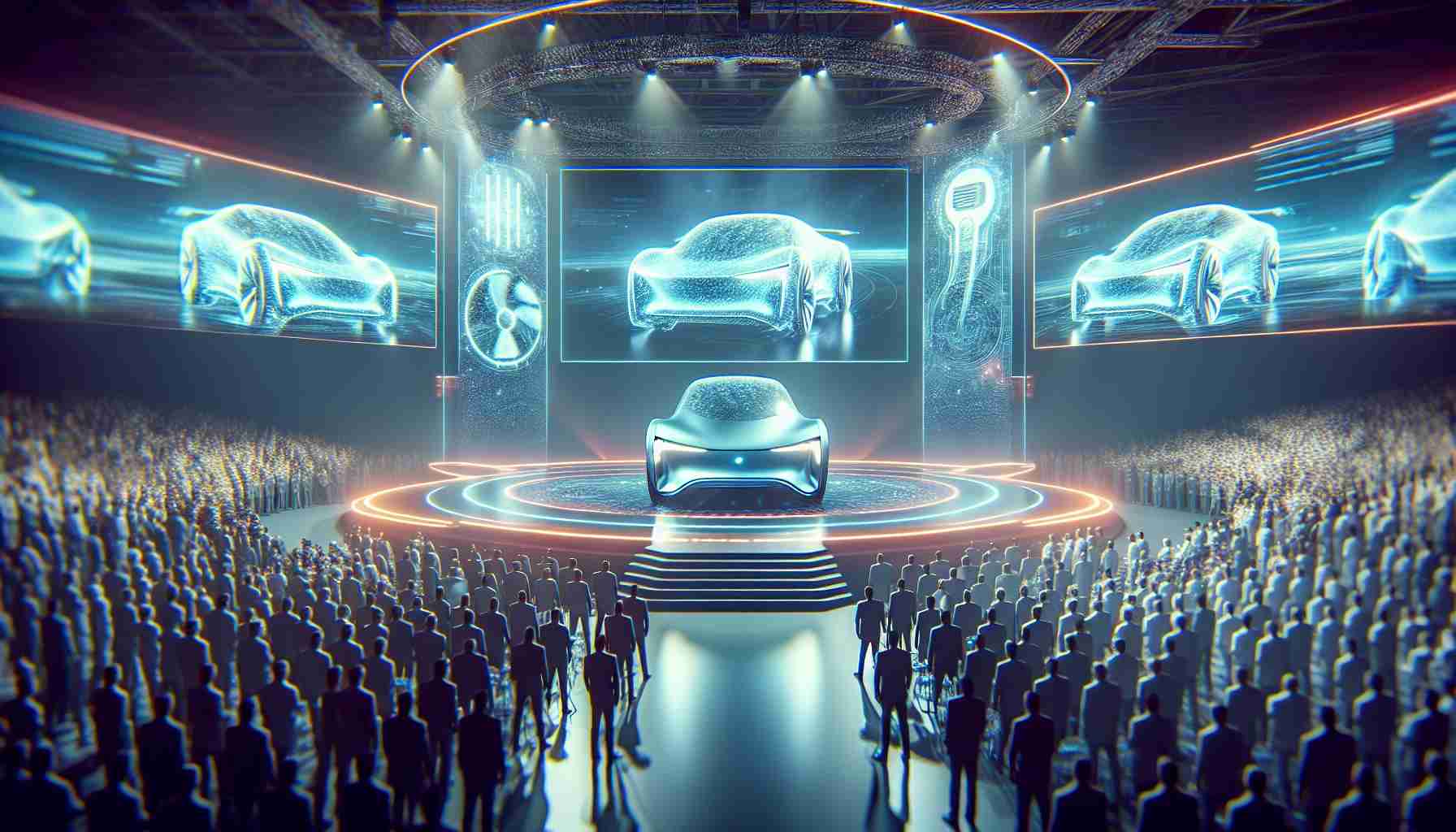- Tesla experienced a 49% drop in European sales while the demand for electric vehicles rose by 28.4%.
- Emerging competitors like BYD are disrupting the market with innovative technologies and increased EV production.
- Public backlash against Elon Musk’s political activities, including support for Germany’s far-right party, has polarized European consumers.
- Internal issues, such as the Cybertruck’s technical problems and repeated recalls, have tarnished Tesla’s engineering reputation.
- Consumers are now prioritizing ethical, technological, and environmental standards, challenging Tesla to adapt to these evolving expectations.
Tesla, once synonymous with the cutting edge of electric vehicles, is watching its European stronghold slip from its grasp. A staggering 49% drop in sales during the year’s first two months paints a vivid picture of the challenges Tesla faces on this rapidly transforming continent. While the hunger for battery-electric cars in Europe rises by 28.4%, Tesla’s offerings seem to lose their luster, overshadowed by competitors and marred by CEO Elon Musk’s contentious political entanglements.
The streets of Frankfurt no longer hum with the once-frequent sight of sleek Teslas, as rivals like China’s BYD and traditional automakers accelerate their EV productions. BYD’s recent achievements punctuate this shift: a jaw-dropping $107 billion revenue last year, boosted by a 40% surge in electric and hybrid vehicle sales. Their innovative fast-charging technology promises charging speeds nearly rivaling a conventional gas fill-up, a tempting prospect for eco-conscious consumers on the go.
Tesla’s decline cannot simply be attributed to market dynamics. Public backlash against Musk’s political maneuvers—and his controversial endorsement of Germany’s far-right Alternative for Germany party—has polarized his European consumer base and sparked protests. In the U.S., his alignment with former President Donald Trump continues to shadow Tesla’s reputation, transforming its sleek storefronts into battlegrounds for political expression.
Further complicating the landscape, Tesla’s internal challenges add fuel to the fire. The much-anticipated Cybertruck, once a symbol of futuristic innovation, has been plagued by reliability woes. With eight recalls in just over a year, including one for side panels at risk of detaching mid-drive, Tesla’s vaunted engineering is under scrutiny.
While Europe forges ahead with its electrification journey, the message is stark: consumers seek innovation without compromise—ethically, technologically, and environmentally. Tesla’s pioneering spirit can still chart a new course, but it must reconcile with evolving market expectations and societal values.
Tesla’s European Struggles: Navigating a Shifting EV Landscape
Tesla’s recent challenges in the European market highlight a significant transformation in the electric vehicle (EV) landscape, driven by both market dynamics and broader social issues. Below, we’ll explore the factors contributing to Tesla’s declining presence in Europe, potential strategies for regaining market share, and insights into the broader EV industry.
Market Dynamics and Competitive Landscape
Rise of Competitors:
– BYD’s Expansion: BYD, a major Chinese automaker, has been delivering aggressive competition to Tesla. The company reported a stunning $107 billion in revenue last year, thanks to a 40% increase in sales of electric and hybrid vehicles. Their focus on fast-charging technology offers a compelling alternative to Tesla’s longer charging times, attracting consumers who prioritize convenience and efficiency.
– European Automakers’ Push: Traditional European carmakers like Volkswagen and Renault have ramped up their EV offerings. With strong brand loyalty and extensive dealership networks, these companies are capitalizing on the growing demand for battery-electric vehicles (BEVs). According to the European Automobile Manufacturers Association, BEV registrations surged by 28.4% in early 2023—an opportunity Tesla has struggled to capture.
Social and Political Factors
Musk’s Political Entanglements:
– Public Backlash: CEO Elon Musk’s controversial political endorsements, particularly of Germany’s far-right Alternative for Germany party, have alienated a section of Tesla’s European customer base. In addition to his political stances in Europe, Musk’s alignment with former President Donald Trump in the U.S. complicates Tesla’s brand image, as consumers increasingly align purchases with personal and ethical values.
Internal Challenges
Product Reliability Issues:
– Cybertruck Delays: The much-hyped Cybertruck has encountered reliability issues, with eight recalls in just over a year, including issues with side panels that risk detaching mid-drive. This has put Tesla’s engineering prowess under scrutiny and impacted consumer confidence.
Industry Trends and Predictions
– Growing Demand for Sustainable Solutions: Europeans are known for their eco-conscious mindset, and as sustainability becomes increasingly pivotal, EV manufacturers that demonstrate genuine commitment to environmental practices are likely to thrive.
– Adoption of Fast-Charging Networks: As the EV market grows, fast-charging infrastructure becomes crucial. Investments in expanding these networks will be vital for maintaining competitiveness.
How Tesla Can Rebound
1. Enhance Product Reliability: Addressing recall issues and improving product quality can restore consumer trust.
2. Strengthen Charging Infrastructure: Investing in advanced charging technologies to rival competitors like BYD could position Tesla as a leader in convenience.
3. Rebuild Brand Image: A strategic realignment in Europe, distancing itself from controversial politics, can help mend Tesla’s reputation.
4. Engage with Local Communities: Collaborations with European environmental groups or sustainability initiatives can help bolster Tesla’s image as an ethical brand.
Actionable Recommendations
– If you’re an EV buyer in Europe: Explore multiple brands to find an EV that aligns best with both your practical and ethical considerations. Consider brands offering extensive charge networks and cutting-edge technology.
– For Investors: Keep an eye on emerging EV technologies, fast-charging infrastructure advancements, and companies with a strong commitment to sustainability metrics.
To remain competitive, Tesla must adapt to Europe’s evolving market dynamics by addressing internal product challenges and aligning with shifting consumer values. For more information on BYD and other entrants to the EV market, visit BYD. For more on automotive industry trends from traditional carmakers, check out Volkswagen or Renault.


